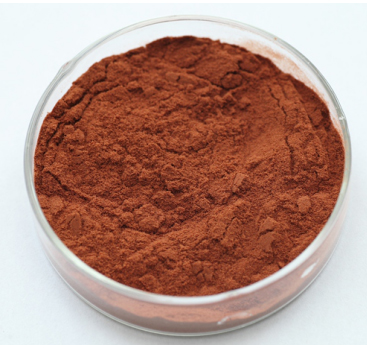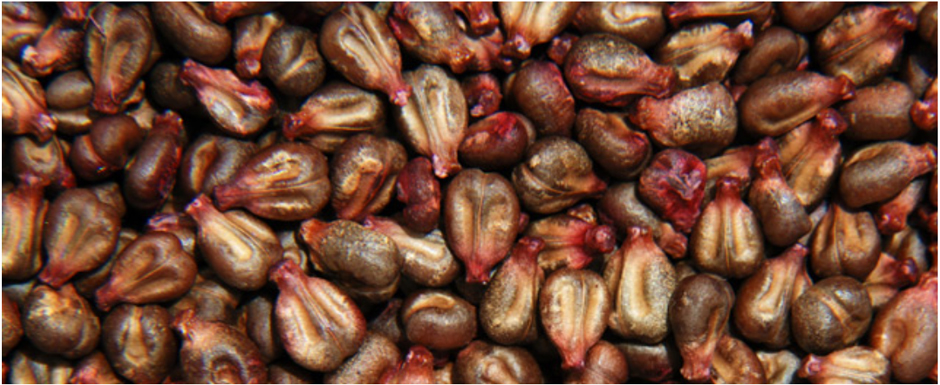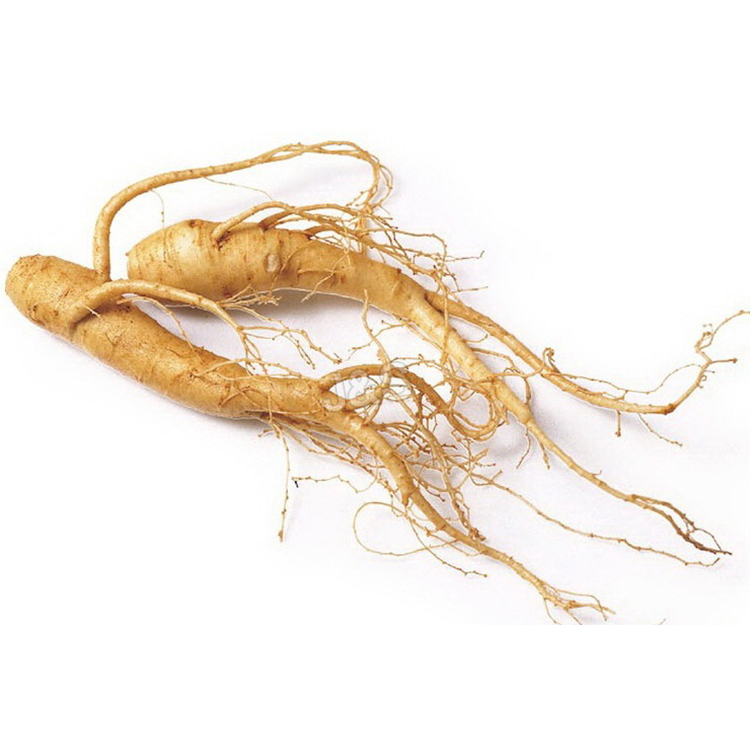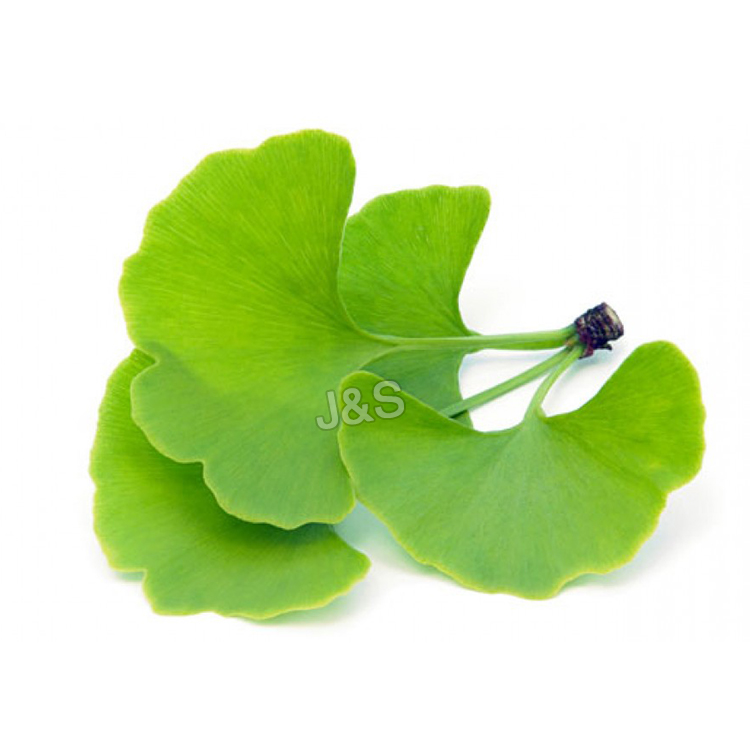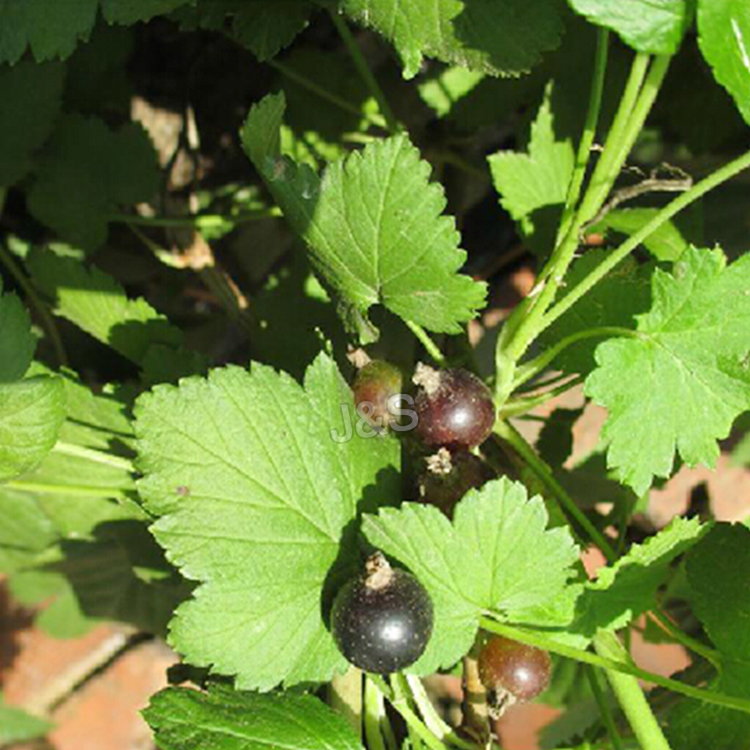Massive Selection for Grape seed extract Supply to Swansea
Massive Selection for Grape seed extract Supply to Swansea Detail:
[Latin Name] Vitis vinifera Linn
[Plant Source] Grape seed from Europe
[Specifications] 95%OPCs;45-90% polyphenols
[Appearance] Red brown powder
[Plant Part Used]: seed
[Particle size] 80 Mesh
[Loss on drying] ≤5.0%
[Heavy Metal] ≤10PPM
[Pesticide residue] EC396-2005, USP 34, EP 8.0, FDA
[Storage] Store in cool & dry area, keep away from the direct light and heat.
[Shelf life] 24 Months
[Package] Packed in paper-drums and two plastic-bags inside.
[Gerneral feature]
- Our product has passed the ID test by ChromaDex, Alkemist Lab. and other
third-party authoritative testing institutions, such as detection;
2. The pesticide residues match (EC) No 396/2005 USP34, EP8.0, FDA and other foreign pharmacopoeia standards and regulations;
3. The heavy metals in strict accordance with the foreign pharmacopoeia standard controls, such as USP34, EP8.0, FDA, etc.;
4. Our company set up a branch and import raw materials directly from Europe with strict control of heavy metal and pesticide residue. Aslo ensure the procyanidins content in grape seed is more than 8.0%.
5. OPCs over 95%, polyphenol over 70%, high activity, the oxidation resistance is strong, the ORAC more than 11000.
[Function]
Grapes (Vitis vinifera) have been heralded for their medicinal and nutritional value for thousands of years. Egyptians ate grapes a very long time back, and several ancient Greek philosophers spoke about the healing power of grapes — usually in the form of wine. European folk healers made an ointment from the sap of grapevines to treat skin and eye diseases. Grape leaves were used to stop bleeding, inflammation, and pain, such as the kind brought on by hemorrhoids. Unripe grapes were used to treat sore throats, and dried grapes (raisins) were used for constipation and thirst. Round, ripe, sweet grapes were used to treat a range of health problems including cancer, cholera, smallpox, nausea, eye infections, and skin, kidney, and liver diseases.
Grape seed extracts are industrial derivatives from whole grape seeds that have a great concentration of vitamin E, flavonoids, linoleic acid and phenolic OPCs. The typical commercial opportunity of extracting grape seed constituents has been for chemicals known as polyphenols having antioxidant activity in vitro.
Product detail pictures:

Related Product Guide:
owing to fantastic assistance, a variety of high quality goods, aggressive rates and efficient delivery, we love a very good popularity among our customers. We are an energetic firm with wide market for Massive Selection for Grape seed extract Supply to Swansea , The product will supply to all over the world, such as: Australia, Anguilla, Burundi, All styles appear on our website are for customizing. We meet up to personal requirements with all products of your very own styles. Our concept is to help presenting the confidence of each buyers with the offering of our most sincere service, and the right product.
Cultivation, Processing & Uses of Jatropha (Bio-Diesel) With Ashwagandha, Stevia, Brahmi & Jatamansi Herbs (Jatropha, Bio Diesel, Stevia, Ashwagandha, Brahmi, Jatamansi, Safed Musli, Sarpagandha, Shatavari, Senna, Business Opportunities, Shelf Life, Cultivation)
Jatropha is a genus of flowering plants in the spurge family, Euphorbiaceae. Another common name is nettles purge. It contains approximately 170 species of succulent plants, shrubs and trees (some are deciduous, like Jatropha curcas). Most of these are native to the Americas, with 66 species found in the Old World. Plants produce separate male and female flowers.
See more
https://goo.gl/JRxSWE
https://goo.gl/MFQ8cZ
https://goo.gl/CXam3d
Contact us:
Niir Project Consultancy Services
106-E, Kamla Nagar, Opp. Spark Mall,
New Delhi-110007, India.
Email: npcs.ei@gmail.com , info@entrepreneurindia.co
Tel: +91-11-23843955, 23845654, 23845886, 8800733955
Mobile: +91-9811043595
Website: www.entrepreneurindia.co , www.niir.org
Tags
Jatropha Cultivation, Jatropha Plantation, Jatropha Biodiesel in India, Cultivation and Use of Jatropha for Bio-Diesel, Jatropha Cultivation in India, Jatropha Plantation Business Plan, Jatropha Cultivation for Profit, Cultivation of Jatropha Curcas, Jatropha Curcas Plant, Jatropha Cultivation for Biodiesel, Jatropha Cultivation and Oil Production, Commercial Cultivation of Jatropha, Jatropha Plantation for Biodiesel Production, Biodiesel (Biofuel) from Jatropha Plant, Biodiesel and Jatropha Cultivation, Jatropha Biodiesel Business Plan, Jatropha Plantation Business Plan, Jatropha Plantation Business Plan in India, Jatropha Farming, Business Plan on Jatropha Curcas, Most Profitable Agriculture Business Ideas, Jatropha Farming, Production of Biodiesel From Jatropha Oil, Biodiesel Production from Jatropha Oil, Jatropha Biodiesel Production Process, Jatropha Biodiesel Production, Biodiesel From Jatropha Plant, Jatropha Biodiesel Production in India, Jatropha Biodiesel Business Plan, Processing of Jatropha Curcas, Manufacture of Biodiesel from Jatropha Oil, Biodiesel Production in India, Biodiesel Production, Purification of Plant Oil, Stevia Plant Farming, How to Grow Stevia, Sweet Herb Stevia Cultivation, Stevia Cultivation in India, Stevia Faming in India, Stevia Herb Plant Cultivation, Growing Stevia Plant, Stevia Plant Growing, Processing of Stevia, Stevia Cultivation and Extraction Process, How to Grow Stevia Herb Plant, Growing Stevia in Home Garden, Ashwagandha Cultivation, How to Grow Ashwagandha, Cultivation and Growing Ashwagandha, Guide to Growing Ashwagandha, Cultivation of Ashwagandha, Growing Ashwagandha, Ashwagandha Cultivation Guide, Opportunities in Cultivation of Ashwagandha, Ashwagandha Farming Business Plan, Medicinal Plant Ashwagandha, How to Plant Ashwagandha, Ashwagandha Cultivation for Profit, Chemical Constituents of Ashwagandha, Brahmi Cultivation, How to Grow Brahmi Plant, Brahmi Medicinal Plant Cultivation, Harvesting Brahmi, Brahmi Plant Farming, Cultivation of The Brahmi Plant, Growing Bacopa (Brahmi), Bacopa Monnieri Brahmi Cultivation, Brahmi Plant Cultivation, Growing Brahmi (Bacopa Monnieri), Ways to Grow Bacopa Plants, Cultivation of Medicinal Plants in India, Ayurvedic Plantation Business, How to Start Brahmi Growing Business, How to Grow Safed Musli (Chlorophytum Borivilianum), Safed Musli Cultivation, Safed Musli Farming, Safed Musli Cultivation and Processing, Safed Musli Business Plan, Safed Musli Farming Business Plan, Sarpgandha Cultivation, Sarpagandha Cultivation Business Plan, Sarpagandha Farming, Cultivation of Sarpagandha, Cultivation of Rauvolfia Serpentina, Rauvolfia Serpentina Cultivation in India, Post Harvest Management of Sarpagandha, Commercial Sarpagandha Farming, Cultivation of Senna, Processing of Senna, Senna Cultivation in India, Cultivation and Processing of Senna, Process for Grow Senna, How to Start Senna Growing Business, Cultivation of Senna in India, Asparagus (Shatavari) Cultivation, Shatavari Cultivation, Shatavari Farming, Shatavari Farming in India, Shatavari Cultivation in India, How to Grow Asparagus ( Shatavari), Shatavari Plant in India, Shatavari Farming Business Plan, Npcs, Niir, Process Technology Books, Business Consultancy, Business Consultant, Project Identification and Selection, Preparation of Project Profiles, Startup, Business Guidance, Business Guidance to Clients, Startup Project, Startup Ideas, Project for Startups, Startup Project Plan, Business Start-Up, Business Plan for Startup Business, Great Opportunity for Startup, Small Start-Up Business Project, Best Small and Cottage Scale Industries, Startup India, Stand Up India, Small Scale Industries, New Small Scale Ideas for Stevia Cultivation, Safed Musli Cultivation Ideas You Can Start on Your Own, Small Scale Sarpagandha Cultivation, Guide to Starting and Operating Small Business, Business Ideas for Sarpagandha Farming, How to Start Jatropha Cultivation
All natural Mood Effex 60 capsules, specifically formulated to support healthy mood and joy.
Help reduce stress
Promote happiness, joy and better overall health
Increase mental awareness and alertness
Increase sexual libido
Restore balance in the body
Increase circulatory energy to vital organs
Mood Effex – Natural Mood Booster
Depression is sometimes described as feeling sad, blue, unhappy or miserable. Most of us have felt this way at one time or another for short durations. True clinical depression is a mood disorder in which feelings of sadness, loss, anger or frustration interfere with everyday life for weeks or longer. It’s an overwhelming feeling of despair that can leave you feeling helpless against it.
The company keeps to the operation concept "scientific management, high quality and efficiency primacy, customer supreme", we have always maintained business cooperation. Work with you,we feel easy!
